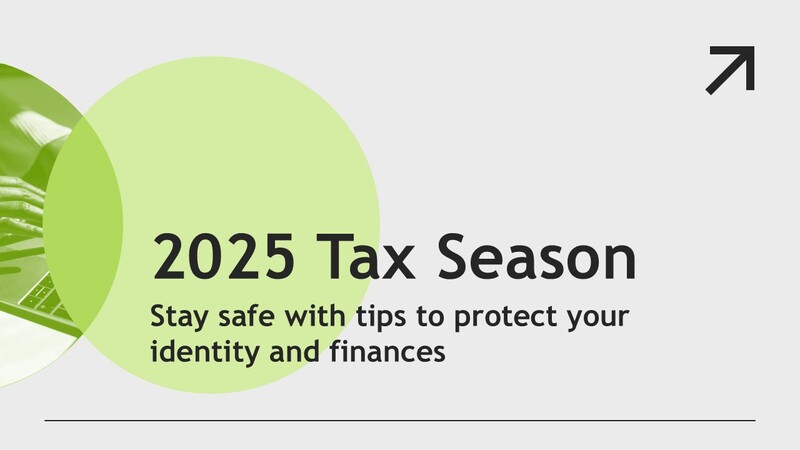
Tax season can be stressful enough without today’s cyber threats and evolving tax scams. it’s more important than ever to remain vigilant. Here are essential tips to help you navigate this year’s tax season safely and confidently.
1. Watch Out for Tax Scams
Tax scams are becoming increasingly sophisticated with phishing emails and fake IRS phone calls becoming more prominent. Scammers often claim to represent the IRS and pressure victims into providing personal information or making payments to fake accounts. Remember:
· The IRS will never initiate contact via email, text, or social media.
· Verify any calls from the IRS by calling their official number: 1-800-829-1040.
· Be very skeptical of links or attachments in emails related to your tax return.
2. Choose a Trusted Tax Preparer
Beware of fraudulent tax preparers. If you’re using a tax professional, ensure they’re reputable. A dishonest preparer can file false returns or steal your personal information. To avoid issues:
· Verify the preparer’s credentials through the IRS Directory of Federal Tax Return Preparers.
· Avoid preparers who base their fees on a percentage of your refund.
· Always review your return before signing and ensure the preparer’s Preparer Tax Identification Number (PTIN) is included.
· Be cautious of social media advertisements offering low-cost tax preparation services.
3. Protect Your Personal Information
Your Social Security Number and financial details are prime targets for identity thieves during tax season. To safeguard your information:
· Use a locked drawer or safe for physical records and encrypted storage for digital files.
· Dispose of old tax forms, bank statements, and other sensitive materials properly.
· Do not email unprotected documents that contain your personal information.
4. File Your Taxes Early
Filing your taxes as early as possible reduces the chances of a scammer filing a fraudulent return using your information. Resolving fraudulent filings can be a lengthy and stressful process, and filing early minimizes this risk by keeping you ahead of potential fraudsters.
5. Use Secure Online Tools
If you’re filing electronically, choose trusted tax software and ensure your internet connection is secure. Key practices include:
· Use tax software with strong encryption to protect your data.
· Don’t use a public Wi-Fi connection when accessing sensitive financial information.
· Enable multi-factor authentication (MFA) on your tax accounts when possible.
6. Monitor Your Accounts and Credit
Keep an eye on your financial accounts for unusual activity during tax season. Here’s how:
· Consider setting up alerts for transactions and regularly review your credit report.
· Review your credit report annually with free credit report annually from each of the three major credit bureaus (Equifax, Experian, and TransUnion) at AnnualCreditReport.com.
7. Report and Respond to Suspicious Activity
If you suspect fraud or identity theft, act quickly:
· Report any suspected scams to the IRS via the IRS Impersonation Scam Reporting page.
· If your Social Security Number SSN has been used fraudulently, complete IRS Form 14039 (Identity Theft Affidavit). · Contact the Federal Trade Commission (FTC) at IdentityTheft.gov for additional resources and support.
Conclusion
Staying informed and acting proactively can help protect yourself and your finances during the 2025 tax season. A little caution goes a long way in safeguarding your identity and achieving peace of mind.